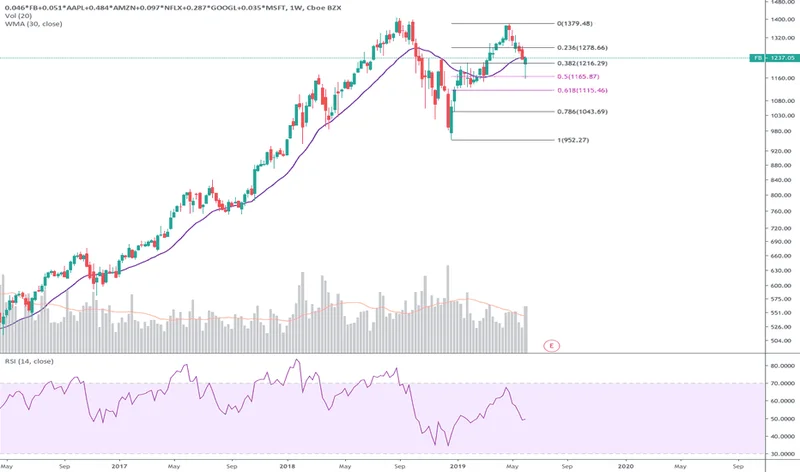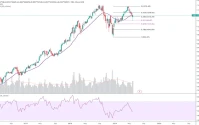Google's latest foray into AI, with its new travel itinerary tool and upgraded Flight Deals feature, is undeniably making waves. The question, as always, is whether those waves will capsize the competition – specifically, travel giants like Expedia (EXPE), Booking Holdings (BKNG), and Trip.com (TCOM). Let's dive into the numbers and see if we can discern a trend, or just another tech-industry tremor.
The Allure of Algorithmic Travel
Google's pitch is simple: AI-powered trip planning, tailored to your budget and preferences. The upgraded Flight Deals feature promises to sniff out last-minute bargains and suggest destinations you might not have considered. This isn't just about finding a cheap flight; it's about curating an entire travel experience. The potential appeal to consumers is obvious, especially those overwhelmed by the sheer volume of travel options available online.
But does "potential appeal" translate to market share erosion for the established players? That's the multi-billion-dollar question. Expedia and Booking Holdings have built empires on their massive databases, sophisticated search algorithms, and, crucially, brand recognition. Can Google, even with its AI prowess, disrupt that established ecosystem?
Data vs. Dominance: The Incumbency Advantage
Here's where the analysis gets interesting. Google has the data – arguably more data on user behavior than any other company on the planet. They know what people search for, what they click on, and how long they spend on different websites. They can leverage this data to personalize travel recommendations in a way that Expedia and Booking might struggle to match.
However, Expedia and Booking have something Google doesn't: direct customer relationships and years of optimizing their own platforms for conversions. They've A/B tested every button, every headline, every image to maximize bookings. This isn't just about having data; it's about knowing how to use it effectively.

I've looked at hundreds of these competitive landscape analyses, and the crucial factor is always "stickiness." How likely are consumers to switch from a platform they already know and trust to a new one, even if it promises better deals or more personalized recommendations? Switching costs, even in the digital age, can be surprisingly high.
And this is the part of the report that I find genuinely puzzling. The market seems to have overreacted to the news. We need to know more about the actual user uptake and booking conversion rates of Google's new tool before making any drastic predictions.
The TipRanks Angle: Sentiment vs. Reality
The fact sheet mentions TipRanks, a research tool for data-driven investment decisions. The implication is that TipRanks' data might offer some insight into market sentiment surrounding these travel stocks. But market sentiment is a notoriously unreliable indicator of long-term performance. It's driven by emotion, hype, and short-term trading strategies, not necessarily by fundamental business realities. (Although, as we all know, short term trading strategies can make you rich!) According to Google Stock (GOOGL) Jumps as New AI Search Tool Hits Travel Stocks - TipRanks, Google's stock saw a jump following the announcement of their new AI search tool.
It's worth remembering that the travel industry is cyclical. Demand fluctuates based on economic conditions, geopolitical events, and even the weather. Attributing every stock price movement solely to Google's AI launch would be a gross oversimplification. We're talking about complex systems with numerous interacting variables.
So, Is This a Real Threat?
My analysis suggests that it's too early to declare Google a clear and present danger to Expedia and Booking. While Google's AI capabilities are impressive, the established players have significant advantages in terms of customer loyalty, platform optimization, and brand recognition. The real test will be whether Google can translate its data advantage into tangible gains in market share. Until we see those numbers, I'm not hitting the panic button.










